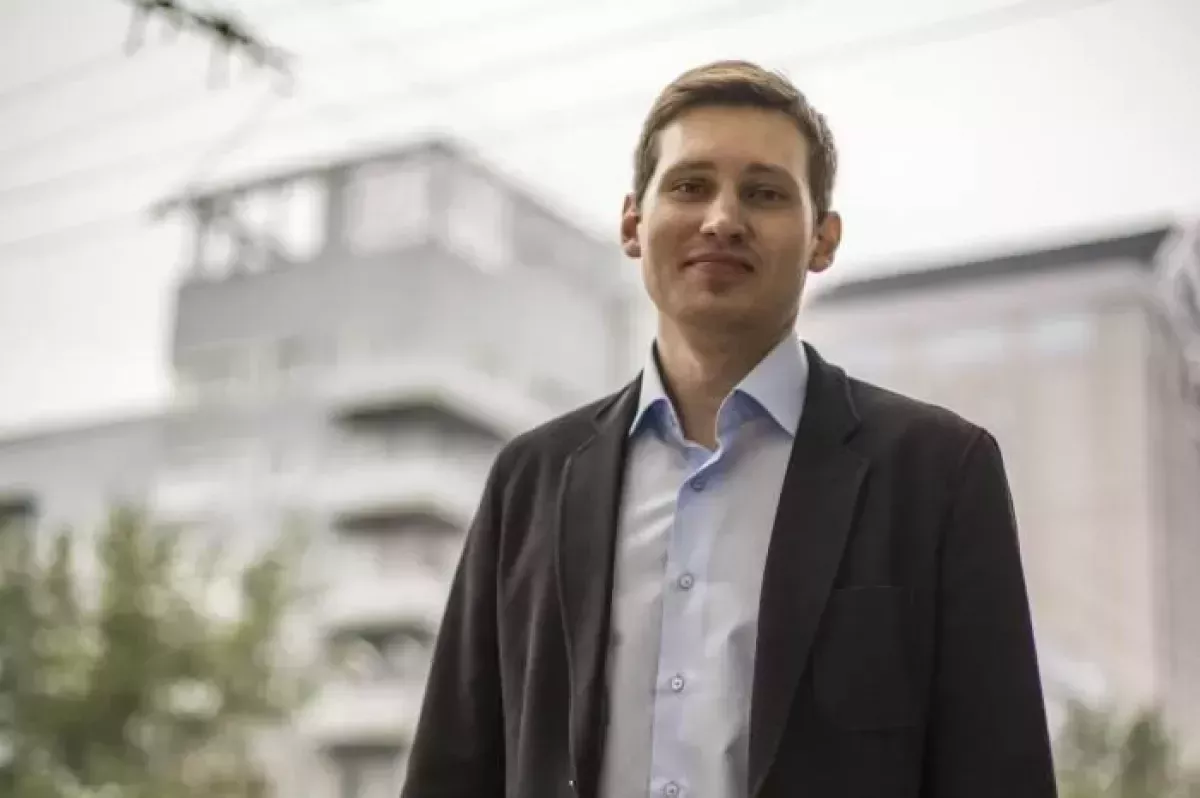"Moscow still lets Pashinyan flirt with Macron" Experts on Armenia’s dual game with France and Russia
On June 2, the official opening of the French honorary consulate and the 5th Forum of Armenia-France Decentralised Cooperation took place in Goris. Armenian Deputy Foreign Minister Vahan Kostanyan stood out with his statements during the event. His remarks about the strategic partnership between the two countries are seen by some analysts as yet another — and possibly final — attempt by Yerevan to serve two masters, as long as an even sterner and more authoritative reprimand does not come from Moscow.
The deputy minister also did not remain silent on Armenia’s “peace” initiatives, declaring: “The Republic of Armenia, despite all existing challenges, is making determined efforts to establish lasting peace in the region.” As the saying goes, it’s a fine tale, but hard to believe.
Belarusian and Russian political analysts shared their perspectives on the Goris events with Caliber.Az.

According to Belarusian political analyst and PhD in Political Science Svetlana Korniechenko, Yerevan currently has to discuss many things with Moscow — including its contacts with Paris.
“The only thing Pashinyan has still managed to secure from Moscow is the right to flirt with France and maintain the illusion of ‘enhanced cooperation’ with Paris. The opening of the French consular office in Goris is probably the most that can be extracted from current Armenian-French relations. Military cooperation, clearly, is facing serious issues. Everyone understands that Paris can now offer Yerevan either very outdated military equipment that is on the verge of being scrapped, or not actual weaponry, but rather technical means — radars and other devices.
Moreover, Yerevan now has to get Moscow’s permission even for such ‘gifts’ from Paris. They had to obtain the green light for the opening of the French office as well — shortly before the event, Pashinyan held a phone call with Putin, evidently seeking his blessing for new ‘French soirées.’
Moreover, Moscow is expected to soon call on Yerevan to engage more actively within the Collective Security Treaty Organisation (CSTO) framework, which will undoubtedly elicit a sigh of regret from Armenia’s European partners. Given this pending reset in Armenian-Russian cooperation — particularly in terms of military collaboration within the CSTO — Paris is not trying to aggressively push this agenda. Macron fears he could face serious questions from both voters and his few political allies.
These same concerns have now surfaced in Yerevan as well. As is known, Armenia will hold parliamentary elections next year, and any dubious political games could wipe out Pashinyan’s approval ratings. There is a need to somehow sustain public belief in bluff-projects about Armenia’s ‘European path,’ while simultaneously continuing cooperation with Russia — since the Armenian electorate does not support a complete break with Moscow. After all, hundreds of thousands of Armenians work in Russia, and Russian-Armenian trade turnover plays a key role in keeping the Armenian economy afloat,” the expert noted.
In her view, the recent statements about peace in the South Caucasus also appear highly ambiguous.
“Once again, we heard some vague talk about readiness to sign a peace agreement. Armenia’s Deputy Foreign Minister Kostanyan, in particular, claimed that Armenia is making determined efforts to establish lasting peace in the region. But what kind of peace are we talking about, when the French state has no interest in a peaceful balance in the region and is actively supporting Armenia — a country that occupied Azerbaijani territories for nearly three decades?
The ‘Armenian theory of peace’ is well known to many — it is based solely on the appropriation of what does not belong to them,” Korniechenko concluded.

For his part, Russian political analyst Alexander Ryabtsov believes that Yerevan has already publicly clarified its strategic relationship with Russia — including signalling that the West holds few trump cards in Armenia, and over time will have even fewer.
“Macron’s plans to push Russia out of Armenia have failed. His grandiose declarations have once again lived up to their nature — Paris has faltered again, even in a country like Armenia, which is relatively close to France in terms of mutual interests. Yerevan has stated that the Russian military base will remain on Armenian territory, and all discussions about reducing the number of Russian border guards on Armenia’s borders have been shut down.
As for the opening of the French consular office and the bilateral cooperation conference — these are quite understandable. Even toothless political support from Macron needs to be somehow reciprocated. So, yet another office with French spies and relevant equipment has appeared on Armenian soil — a rather obvious fact. And for now, Russia is gritting its teeth and tolerating it, granting the ‘prodigal’ yet returning Pashinyan some leeway as he continues his balancing act of sitting on two chairs at once,” Ryabtsov stated.








